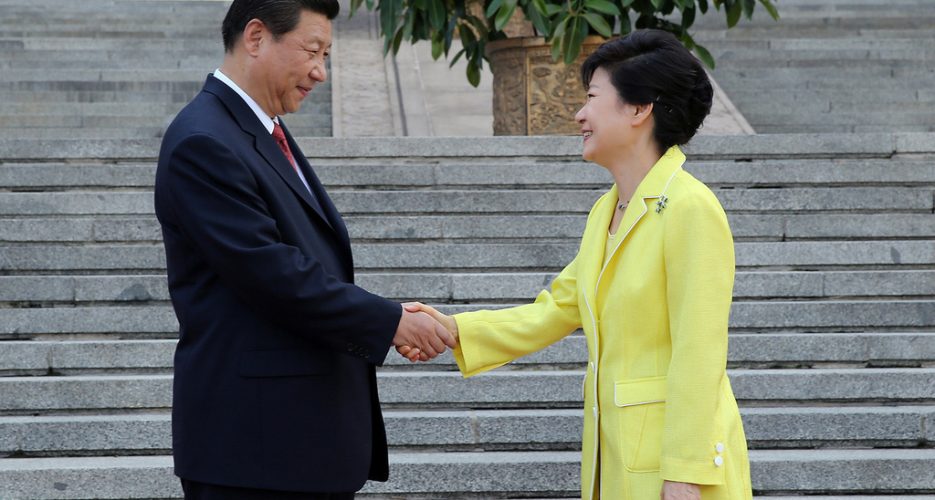About the Author
Georgy Toloraya
Dr. Georgy D. Toloraya, is the Director of Korean Programs at the Institute of Economy at the Russian Academy of Science. He previously served as a senior Russian diplomat in both North and South Korea.

Get behind the headlines
|
Analysis China can’t solve Seoul’s N. Korea problemSimilar effort with the Soviet Union 25 years ago show flaws of circumvention strategy  The South Korean media was very enthusiastic about the fact that, during the military parade in Beijing on September 3, the Republic of (South) Korea’s president was sitting in the first row with Chinese President Xi Jinping. Meanwhile, North Korea’s “second in command,” Choe Ryong-hae, secretary of the Workers' Party of Korea, sat at the end of the row, and “was hardly visible, as if to testify to the current status of the Seoul-Beijing and Pyongyang-Beijing relations.” The ROK might proudly hope that China has “changed sides” in the Korean conflict, but that may be far from true; the picture is much more complicated. In this article we deal with another big country and former ally of North Korea – Russia – in the hopes that the experience of its relations with the two Koreas can help draw some lessons. This is topical while ROK is courting China – even to the dismay of the U.S. and Japan – hoping that, among other things, this strategy would lead to China assisting in, or at least not opposing, Korean unification. © Korea Risk Group. All rights reserved. |